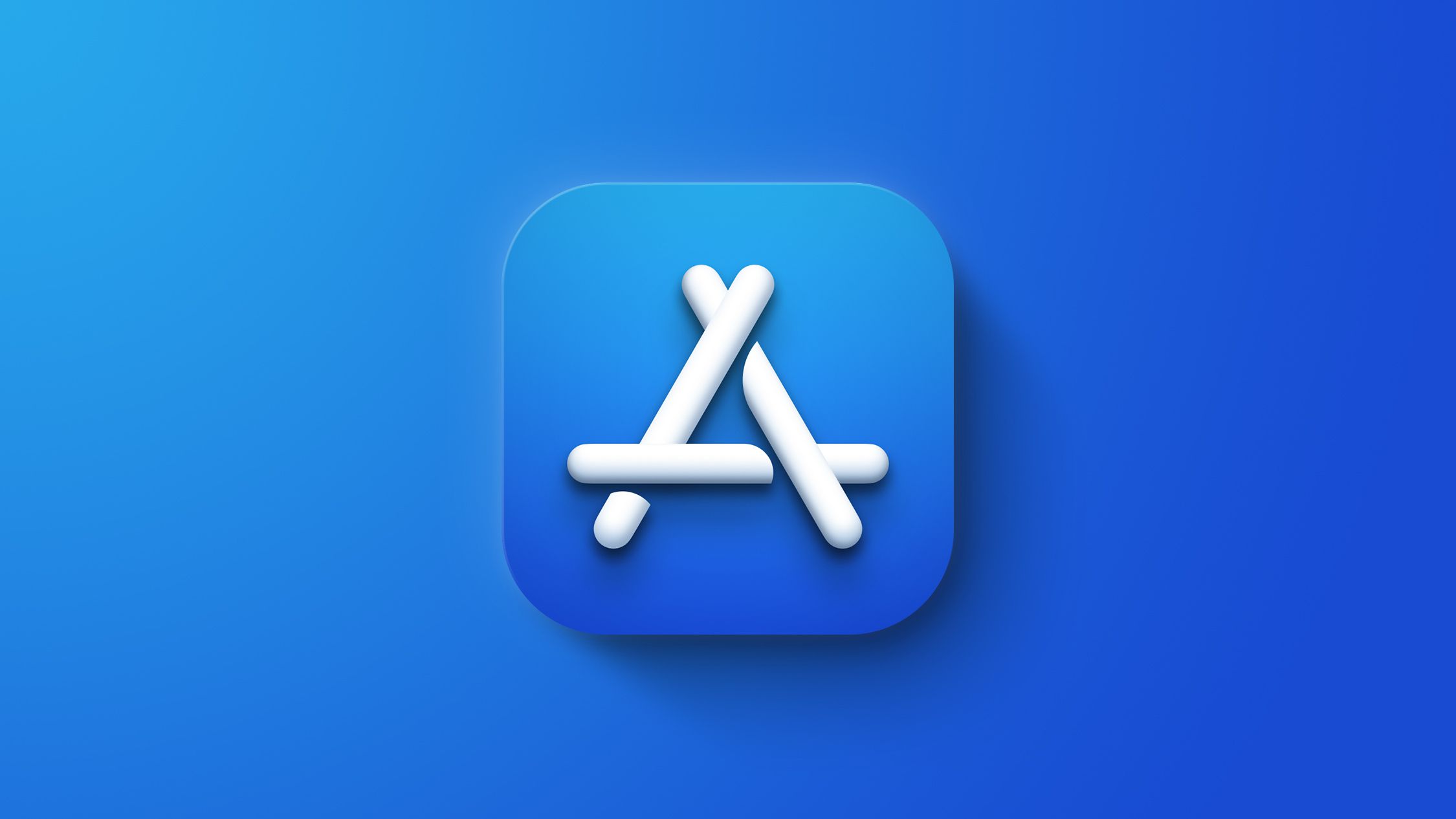Dislike. I just put a new battery in my (almost forgotten) 2016 MBP, which is running smoothly again, very nice.
As I am switching to 'battery less computing' (read: Mac mini), I want to have a lightweight macbook for occasional on the go, for which an old macbook is perfect. However, not being able to access cloud content is a bit ridiculous. Cloud should be nothing more than safe remote storage, not yet another mechanism to force hardware to become obsolete and outdated. IMO this is marketing and bad for environment, another symptom of our 'commercial throw away society'.
As I am switching to 'battery less computing' (read: Mac mini), I want to have a lightweight macbook for occasional on the go, for which an old macbook is perfect. However, not being able to access cloud content is a bit ridiculous. Cloud should be nothing more than safe remote storage, not yet another mechanism to force hardware to become obsolete and outdated. IMO this is marketing and bad for environment, another symptom of our 'commercial throw away society'.



